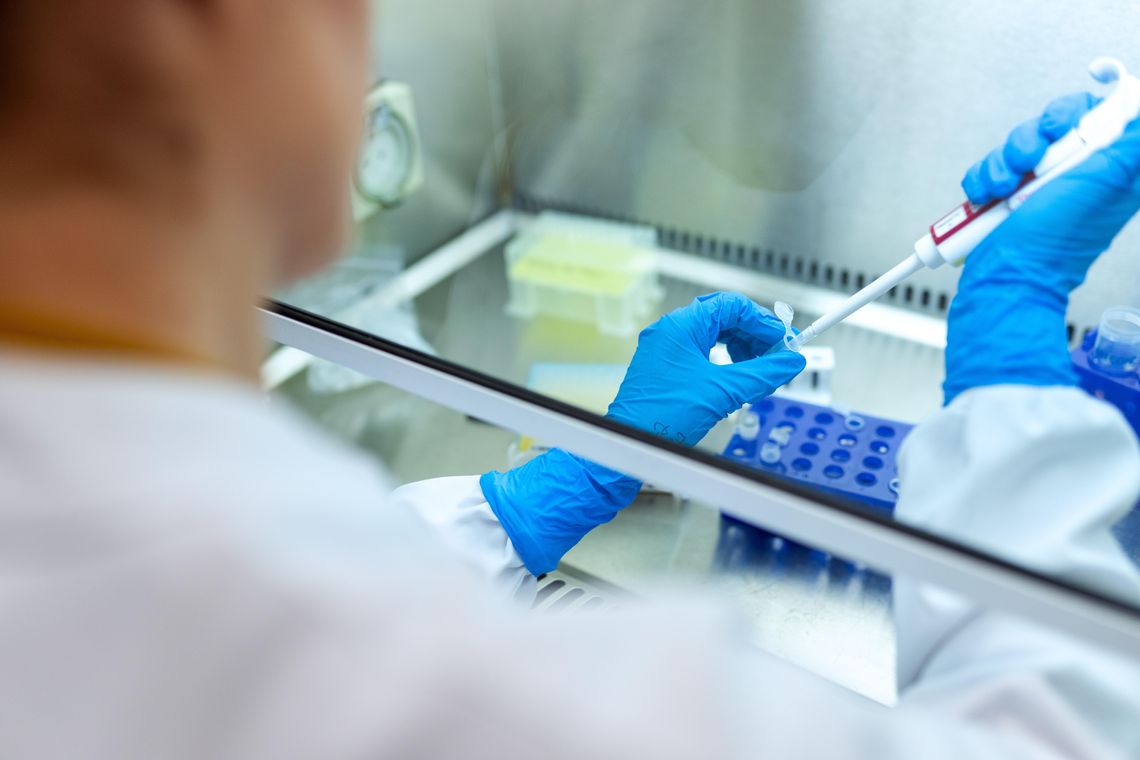ON VOUS ACCOMPAGNE
À CHAQUE ÉTAPE
DE VOTRE PARCOURS
DE FERTILITÉ
NoS SERVICES
Une approche holistique et une vaste gamme de services en plein cœur de la ville de Québec
Chez Procrea Fertilité, nous offrons une vaste gamme de services personnalisés.
Notre équipe dévouée vous aidera à déterminer le plan de traitement qui vous convient le mieux.
Évaluation de la fertilité
Trouvez les réponses dont vous avez besoin pour commencer votre chemin vers la parentalité. Commencez par une évaluation de la fertilité pour explorer vos options.
Traitements, FIV et insémination
Explorez des traitements de fertilité personnalisés conçus pour vos besoins uniques.
Compléments à la FIV et dépistage génétique
Afin de mettre toutes les chances de votre côté, nous pouvons vous proposer des techniques de conception innovantes ainsi que des tests de dépistage prénataux. Tout au long de votre parcours de fertilité, nous évaluerons si ces approches pourraient vous aider à réaliser votre rêve.
Familles LGBTQ2SIA+
Accueillir un enfant fait partie des plus grandes joies de la vie, mais le parcours de procréation peut-être particulièrement complexe pour les familles LGBTQ2SIA+. Chez Procrea Fertilité, nous avons à cœur la réalisation de votre rêve et nous nous engageons à vous offrir des soins exceptionnels, quelles que soient votre identité, votre expression de genre et votre orientation sexuelle.
Services de don
Découvrez comment les services de don peuvent vous aider à fonder votre famille
Préservation de la fertilité
Explorez comment la préservation de la fertilité peut vous aider à planifier la parentalité.
Bien-être et soutien
Découvrez des ressources complémentaires pour soutenir votre bien-être.
POURQUOI PROCRÉA?
Ça y est, vous êtes au bon endroit
Chacun de nos services peut être adapté afin de mieux répondre à vos besoins particuliers. Tout au long de votre parcours, nous sommes là pour répondre à vos questions et pour vous conseiller.


Quatre applications de fertilité pour vous aider à concevoir
La technologie a fait tellement de progrès que les femmes utilisent aujourd’hui des applications de fertilité pour augmenter leurs chances ...

Les différentes étapes de la Fécondation in Vitro
Qu’est-ce que la Fécondation in vitro ? Littéralement, cette technique consiste à recueillir un maximum d’ovocytes à maturité ...

L’impact des habitudes de vie sur la santé masculine et l’infertilité
La fertilité est un reflet de la santé en général. L'alcool, les drogues, le manque d'exercice, le stress, le surplus de poids ...



